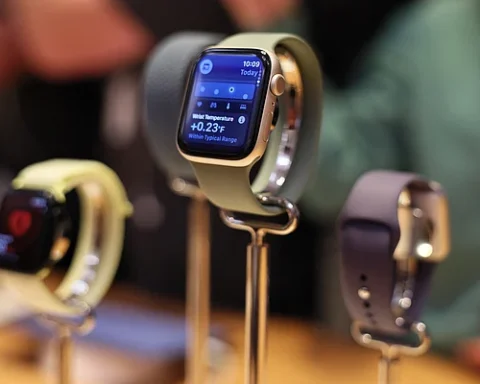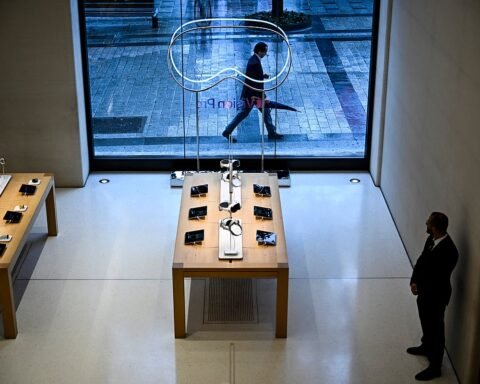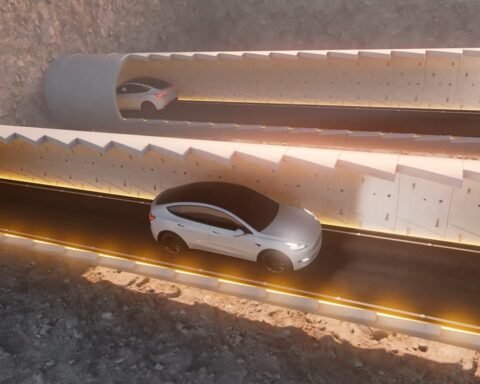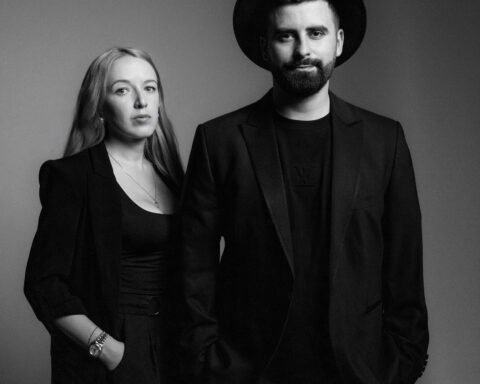
Apple Watch Loses ‘CO2-Neutral’ Label After German Court Ruling
German court rules Apple misled consumers with carbon neutrality claims, spotlighting challenges in corporate climate pledges.
by Allen Cot
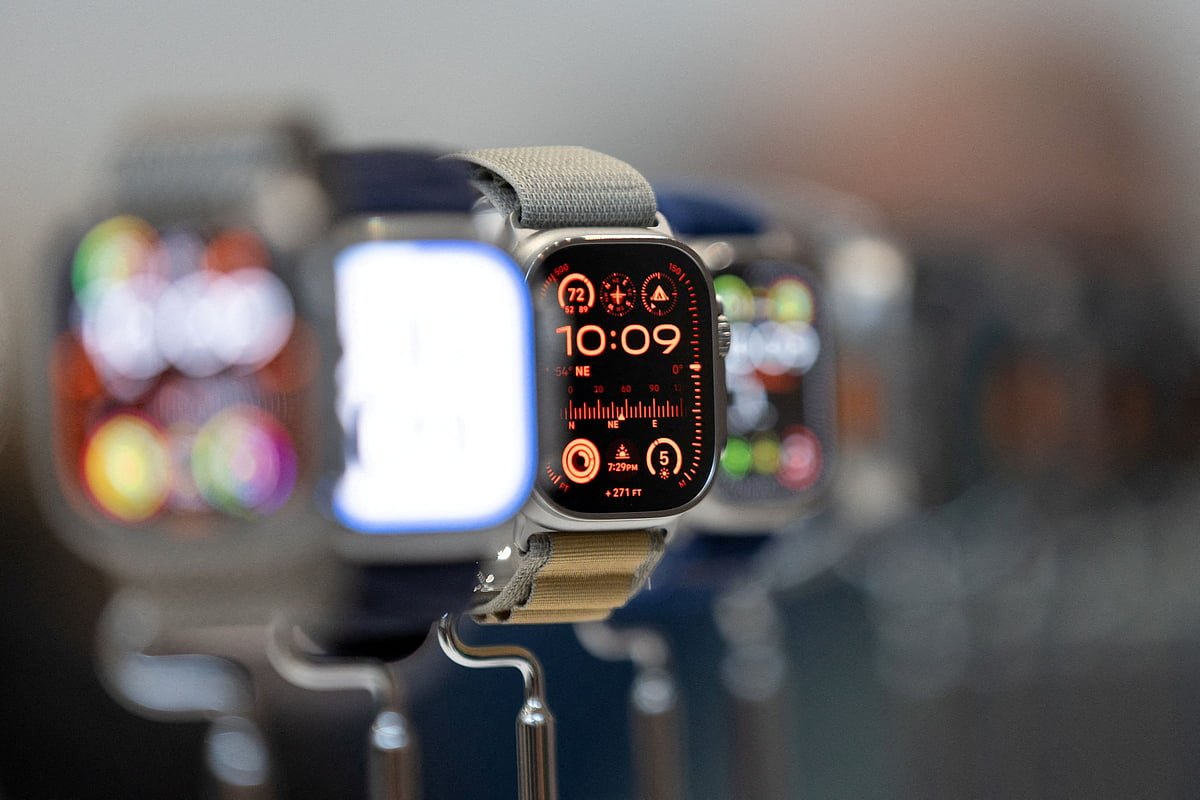
Frankfurt judges rule Apple misled consumers with carbon neutrality claims, raising questions over offset projects and the future of corporate climate pledges.
Apple can no longer market its Apple Watch as a “CO2-neutral product” in Germany, following a Frankfurt court decision on Tuesday that sided with environmentalists challenging the company’s sustainability claims.
The ruling determined that Apple’s promotion of its Apple Watch Ultra 2 as “our first CO2-neutral product” was misleading under German competition law. The judges found that the U.S. tech giant’s reliance on forest-based carbon offset projects did not provide sufficient guarantees of long-term environmental benefit.
Court’s Findings on Apple’s Offset Project
Apple had based its neutrality claim on a large-scale eucalyptus plantation initiative in Paraguay, designed to offset emissions by storing carbon. However, the Frankfurt court noted that leases for 75% of the project land were not secured beyond 2029, casting doubt on the program’s long-term viability. Judges stated, “There is no secure future for the continuation of the forest project.”
Environmental groups have also raised concerns about the plantations’ ecological impact, criticizing them as “green deserts” that threaten biodiversity and consume excessive water.
Apple’s Response
An Apple spokesperson said the ruling “broadly upheld our rigorous approach to carbon neutrality” but declined to comment on whether the company would appeal. The company has argued that such lawsuits risk discouraging “credible corporate climate action.”
Nevertheless, Apple is preparing to phase out its “carbon neutral” label for Apple Watches to comply with upcoming EU legislation, which from September 2026 will impose stricter rules on environmental claims in product marketing.
Wider Implications for Tech Giants
Apple is not alone in relying on carbon offset projects to back sustainability pledges. Meta and Microsoft have also invested in similar initiatives across Latin America. The ruling, however, underscores growing legal and public scrutiny of corporate environmental claims, particularly those seen as greenwashing.
Environmentalists Claim Victory
Deutsche Umwelthilfe (DUH), the German environmental group that brought the case, welcomed the decision as a landmark win. DUH head Juergen Resch stated: “The supposed storage of CO2 in commercial eucalyptus plantations is limited to just a few years, the contractual guarantees for the future are not sufficient, and the ecological integrity of monoculture areas is not guaranteed.”
As regulators and courts tighten oversight on climate-related marketing, Apple’s case may set a precedent for how global corporations promote their environmental credentials in Europe and beyond.
Post Views: 1,029






